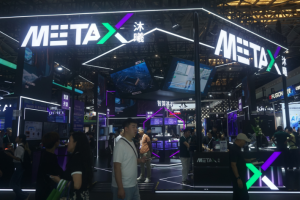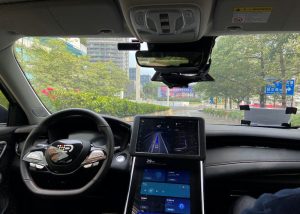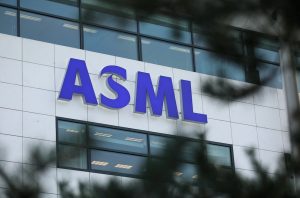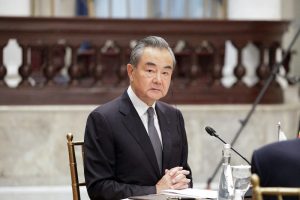China’s technology giant Huawei has stepped up its efforts to rival chipmaker Nvidia, beginning tests of a new artificial intelligence (AI) chip, but the road ahead for the US-sanctioned firm will not be easy.
Huawei has sent out samples of its new Ascend 910C chip to top Chinese server companies for hardware testing and configuration, the South China Market Post reported, citing sources with knowledge of the matter.
The firm is offering the chip to large Chinese internet firms — which are also some of the primary customers of Nvidia, it added.
Also on AF: Another Chip Shortage Looms as AI Frenzy, Climate Change Bit
The 910C is an upgraded version of the 910B chip, which Huawei has previously claimed is capable of rivalling Nvidia’s A100 chips.
The firm has also claimed the 910C is comparable to Nvidia’s H100, expecting orders worth $2 billion for the processors.
But the chip will need to fill big tech gaps of its predecessor to make a significant impact on the Chinese market.
Slow supply
Within the Chinese market, the Ascend 910B has so far also been considered the most competitive AI offering available, given US export curbs have cut off flows of the most advanced chips to the country.
Huawei claims its Ascend chips were used to train around half of more than 70 of China’s top large language models as of last year.
But the firm is still grappling with supply issues with 910B — which suggests that challenge will persist with the 910C too.
For instance, TikTok parent ByteDance ordered more than 100,000 Ascend 910B chips this year but had received fewer than 30,000 as of July.
Reuters reported on Monday that ByteDance is planning to train a large-language AI model primarily on the 910B chips from Huawei.
But the pace of availability of chips from Huawei remains too slow to meet company needs, the report said citing sources.
Limited computing power
Meanwhile, contrary to Huawei’s claims, the 910B remains behind Nvidia’s current offerings in China, according to Reuters’ sources.
Training AI models is far more demanding and requires huge amounts of data, necessitating the use of ultra-high-performance chips such as Nvidia’s premium graphics processing units.
But the lower performance of Huawei’s chips has meant that ByteDance has not yet set a timeline for the new AI model it aims to train on the 910B.
The new model’s capability and complexity, measured by its computing parameters, will also be less powerful than ByteDance’s existing AI model Doubao, Reuters said.
The constraints have meant that ByteDance has created a diversified supply chain for its chip needs, even as its remains one of the largest buyers of Huawei’s AI chips.
The firm is the biggest buyer of Nvidia’s H20 AI chip, which the US chipmaker tailored for the China market in response to trade restrictions, according to Reuters. The firm had allocated $2 billion for Nvidia chips last year.
ByteDance is also Microsoft’s biggest client in Asia for Nvidia chips accessible via cloud computing, Reuters said.
Why is this important?
The rise of Huawei as one of China’s biggest chip players shows how increasing US curbs have bolstered Beijing’s efforts to become self-reliant in the semiconductor department.
Chinese chip firms are racing to bring to market new AI offerings in an effort to snag away some of the market from Nvidia — which has in the past few years cornered 90% of China’s AI market.
And doing so will be necessary for Chinese tech firms to survive US export controls, considering firms across the tech sector — be it gaming or e-commerce — are now looking to integrate custom AI models into their offerings.
- Vishakha Saxena
Also read:
China Threatens to Cut Off ASML Over New US Chip Curbs
US May Sanction China’s DRAM Chip Giants Next, Analyst Warns
Japan Nears China Chip Curbs Deal With ‘Bad Cop, Very Bad Cop’ US
US Pressing Korean Chipmakers For More China Chip Curbs
US Push to Curb China Chip Tech Economically Motivated: ASML CEO
Threat of More Chip Curbs Spurs Warnings on China Innovation
Huawei’s China-Made 7nm Chip ‘Years Behind US’, Raimondo Says
Huawei, SMIC Set to Defy US Sanctions With 5nm Chips: FT
China to Lead 2024 Chip Expansion with 18 New Fabs – SEMI
























